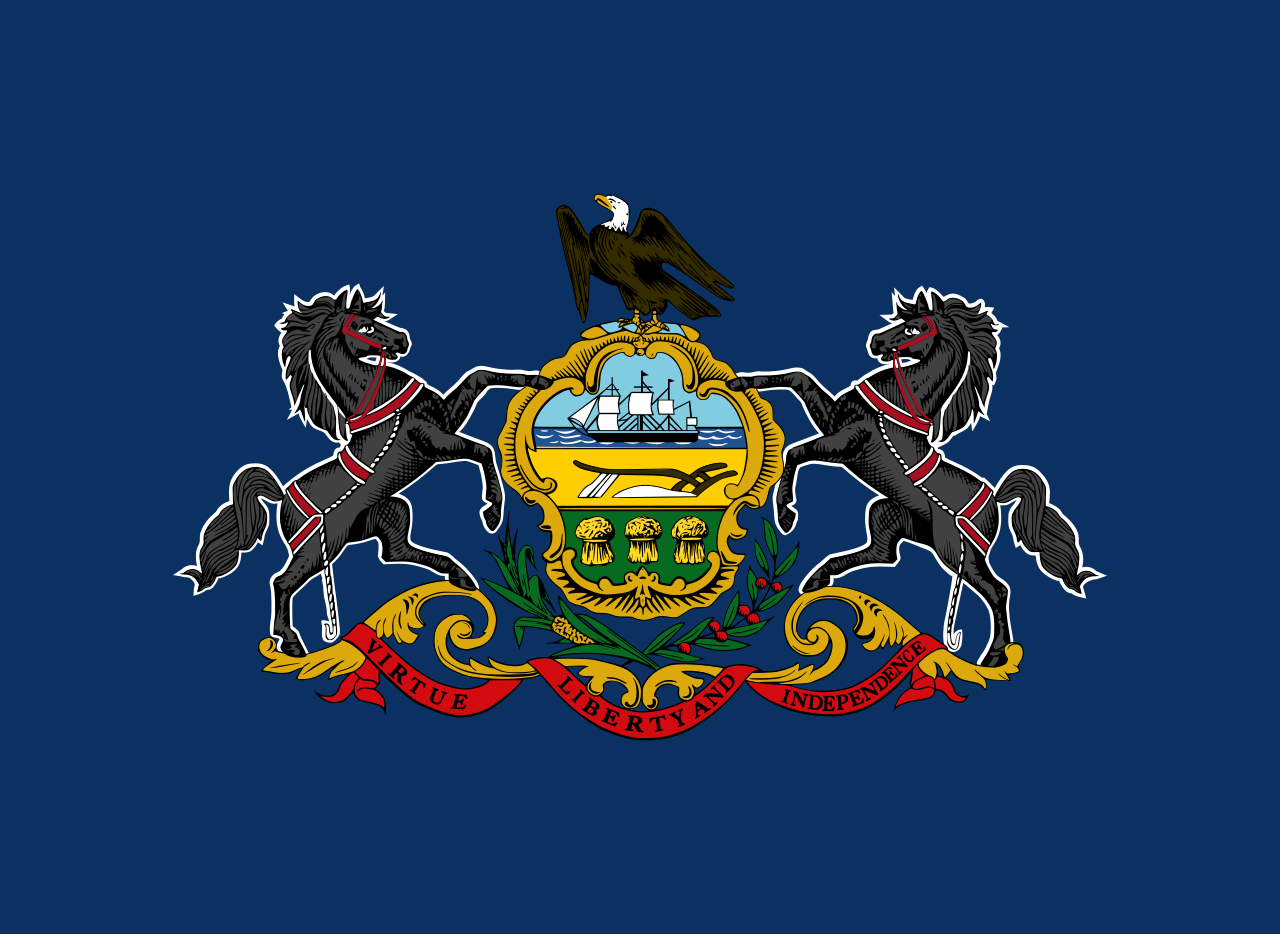Pennsylvania could soon join the flood of cities and states opening the door to decriminalization, research, and even legalization of psychedelics.
The Philly region is already home to a broad array of therapists, social workers, scientists, and researchers anxious to see psychedelics like psilocybin (as in magic mushrooms), LSD, and MDMA (aka molly or ecstasy) given the chance to safely reach an audience. They gathered mid-July at Penn for the PhilaDelic Conference on the Interdisciplinary Frontiers of Psychedelic Studies.
Colette Condorcita, the founder and chair of Decriminalize Nature Philadelphia, who spoke at the conference, told Billy Penn she’s had positive conversations with the legislative directors for five members of City Council about a resolution that would deprioritize the arrest and prosecution of individuals using psychedelics found in plants and fungi.
“We’re in this amazing moment where there’s a massive cultural re-evaluation happening with these tools,” Condorcita said, “and it’s finally reaching a city like Philadelphia and a state like Pennsylvania.”
With more meetings lined up before City Council’s fall session, Condorcita said her organization is still searching for a “champion” for the resolution in City Hall, but she expects hearings in the coming months.
At the state level, a bill to promote research into the therapeutic potential of psilocybin stalled in the Pa. House last March, but since then the balance of the chamber has changed.
Brett Waters, a Lower Merion native and lawyer who founded psychedelic advocacy group Reason for Hope, pointed out that last year’s bill already had the support of 10 Republican and 10 Democratic representatives. New legislation expected to be introduced stands a better chance of advancing, he said, after Democrats flipped the House last fall.



They didn’t legalize anything, they decriminalized it. The result was pushing addicts into public view, yes, but it also makes it easier to help them. Also, correlation isn’t causation.